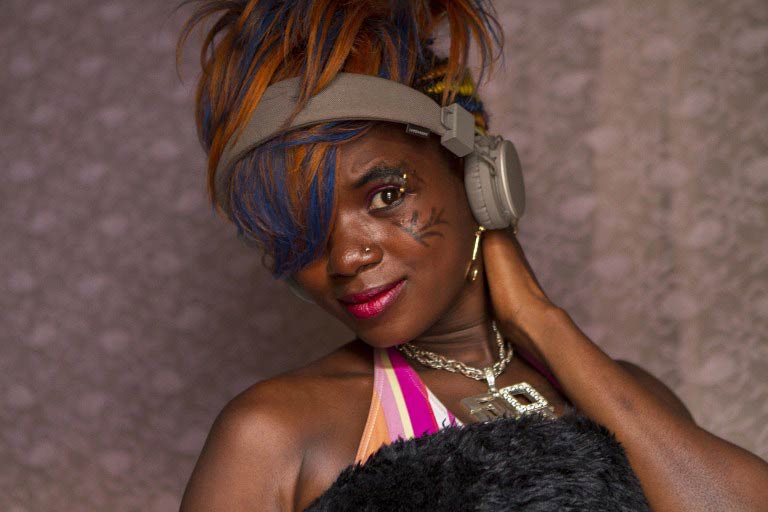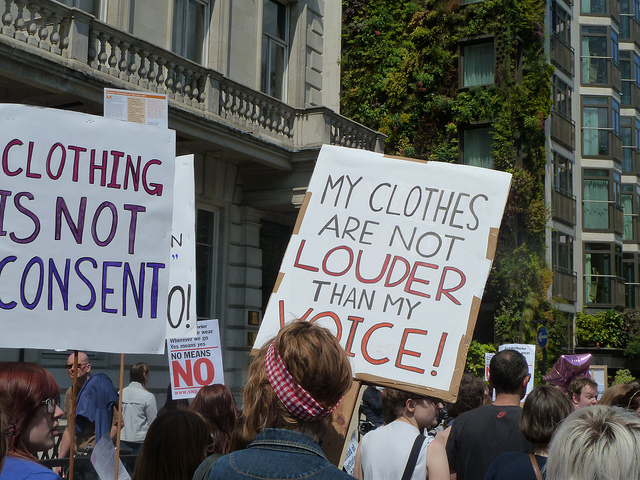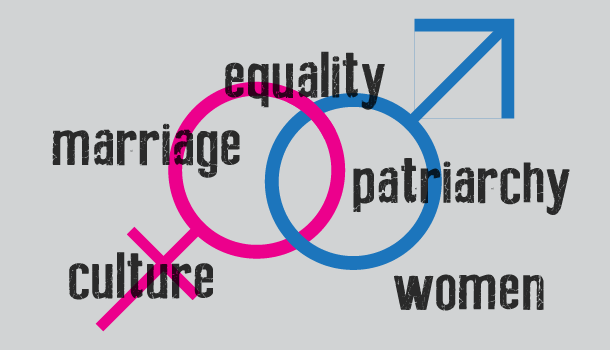
Bouncing and grinding, singer Jemimah Kansiime’s music video was a hit among her Ugandan fans, but not for conservative politicians who say it broke a tough new anti-pornography law.
The 21-year-old singer, who uses the stage name “Panadol wa Basajja” – literally, “medicine for men” – has already spent five weeks in jail after her arrest for a music video that gives a lingering and generous focus on wet and soapy buttocks.
Now she faces up to 10 years in jail, if found guilty in the first full trial under the law – which took effect in February 2014 – that critics such as Human Rights Watch argue so loosely defines pornography it has encouraged public attacks on women wearing skimpy clothing.
Critics say it is part of a growing anti-liberal movement including tough laws against homosexuals in Uganda, where religious-driven conservatism appears to be on the rise and where US evangelical preachers rather than pop stars like Kansiime often receive rock star welcomes.
“I was aware that there are some sections of society that are conservative,” said the singer, smoothing her rainbow coloured hair extensions that always cover one eye.
But one thing she thought she had learnt from her idols – including Rihanna and Nicki Minaj – is that sex sells.
“I was just experimenting to see if I put on a short dress, will the audience like it?” said the singer.
She made the video that has placed her in hot water last year for her song Nkulinze – or “I am waiting for you” – about “a young lover’s intimate fantasies”.
It has proved popular, and the video has been watched over 140 000 times on YouTube. But Kansiime said she never dreamt that writhing in her underwear was breaking the law. She and her then manager Didi Muchwa Mugisha were arrested in November.
Mugisha pleaded guilty and was fined 200 000 Ugandan shillings (75 dollars), but Kansiime pleaded not guilty, and was held for five weeks before raising the cash bail.
“When I was making that video I never intended it for children, I intended it for adults. I did not sell or distribute the song,” said Kansiime, wearing a short, leopard print dress with tiny straps, revealing a push up bra underneath.
“My rights have been trampled upon, my freedom of expression has been trampled upon,” she told AFP in her simple tin-shack home in the capital Kampala.
Shocked minister
Her lawyer, Isaac Semakadde, argues the case is a test for the right of Ugandan performers to “express themselves”.
“That right to erotic entertainment, there has to be a space for it in an open and free society,” he told AFP, saying divisions must be made between clearly criminal offences such as child pornography.
“To ban all forms of pornography, all forms of nudity, is outrageous,” he said.
She was tracked down and arrested after Ethics Minister Simon Lokodo was shocked at the video. Lokodo has recently boasted that he and his “intelligence team” of spies are “on the ground” watching such singers closely.
“That’s why Panadol was arrested,” he said, describing her videos as “very obscene and vulgar”, and warning of more arrests.
The former priest said singers such as Rihanna were “the type of people I’m condemning.”
“She’s a very provocative dancer… there’s nothing at all good there,” he said.
In his continued crackdown on pornography, Lokodo has this year ordered police to arrest men who procure prostitutes and described a popular local television dating show as prostitution. Local media reported that he also confronted Uganda’s youngest MP when she walked into parliament in a short skirt.
Semakadde accuses the ethic ministry of ignoring more pressing issues.
“The decadence in society does not start and stop with prostitution,” he said. “There’s corruption – but they have no answers to that, so they go for the most vulnerable.”
Kansiime is due next in court later this month. But Semakadde said he will request the case is halted while the Constitutional Court deals with a separate petition brought by activists against the law, arguing it is “overbroad and vague”.
Amnesty International has called for the law to be repealed and Semakadde ultimately wants it scrapped, too.
Inspired by her struggle, Kansiime’s next song tackles unemployment.
As she awaits her next court appearance, she insisted that she had the right to film “whatever I want”, but conceded she may need to cater for more conservative tastes if she is to make a living from her music.
“I have to do something that people like, I have not benefitted from that video,” she admitted.



